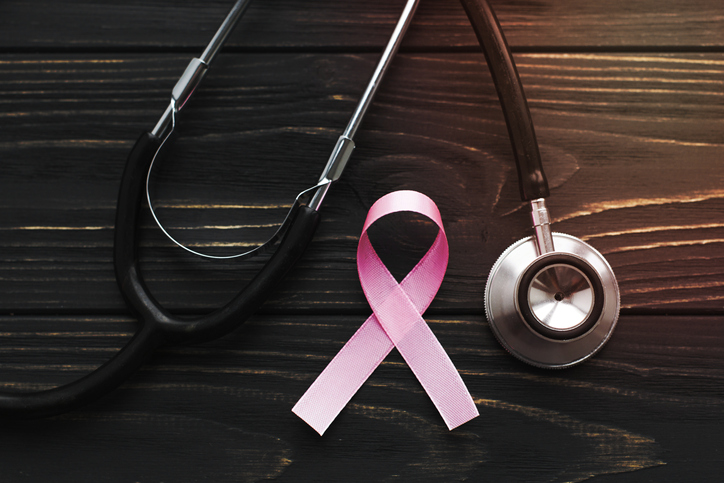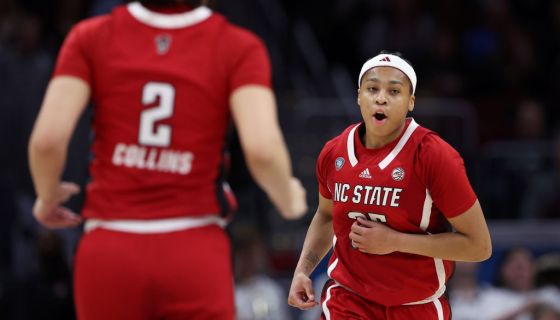
Source: Florin Voinea / Getty
Breast cancer patients may benefit from undergoing a lumpectomy if they have two or three tumors, a new study conducted by the National Institute of Health found.
According to The Hill, researchers involved in the study wanted to explore whether there were less invasive ways of removing breast cancer tumors. Typically, patients are recommended to undergo a mastectomy, a surgical procedure where the entire breast is removed. A lumpectomy is a surgical operation in which a lump is removed from the breast.
How was the study conducted?
The study followed nearly 200 women with two or three tumors in one breast who had lumpectomies followed by radiation. In order to participate in the study, patients were required to have tumors that were less than “5 centimeters and separated by 2 to 3 centimeters of normal breast tissue.” Their ages ranged from 40 to 87.
Surprisingly, after five years, researchers saw that 3 percent of participants’ cancer came back, similar to rates from previous lumpectomy studies where patients had only one breast cancer tumor. Additionally, the team found that women who had an MRI before surgery had the best recovery. The study suggests that MRI scans can be powerful in helping surgeons to locate and successfully remove breast cancer tumors.
“This study caught my attention very quickly,” Dr. John Kiluk, a surgeon at Moffitt Cancer Center in Tampa, Florida, said as researchers gathered to share their findings behind the study at the San Antonio Breast Cancer Symposium on Dec. 9. “It is definitely a step forward for our field.”
Lumpectomies are often recommended by some surgeons for their quick recovery period. They also reduce scarring, helping to preserve the cosmetic appearance of the breast overall, according to BreastCancer.org
Dr. Judy Boughey of the Mayo Clinic lead the groundbreaking study. During the conference, she shared that the study could help future patients to find the best treatment option and avoid extensive surgery.
“I think it will also make patients ask their surgeon, ‘OK, I have two sites of disease. Do I have to have a mastectomy? Or can you give me breast conservation?’ Do we have to throw the kitchen sink at everyone?” Boughey asked.
“Which patients need every single option that we have available and which will do just as well without having the kitchen sink thrown at them? Every single treatment has some kind of side effects,” she added.
The National Institute of Health’s positive study comes just one month after researchers from the University of Washington School of Medicine in Seattle conducted a successful clinical trial with a breast cancer vaccine. As previously reported, the study found that the medicine “safely gendered a strong immune response to a key tumor protein,” present in breast cancer cells.











